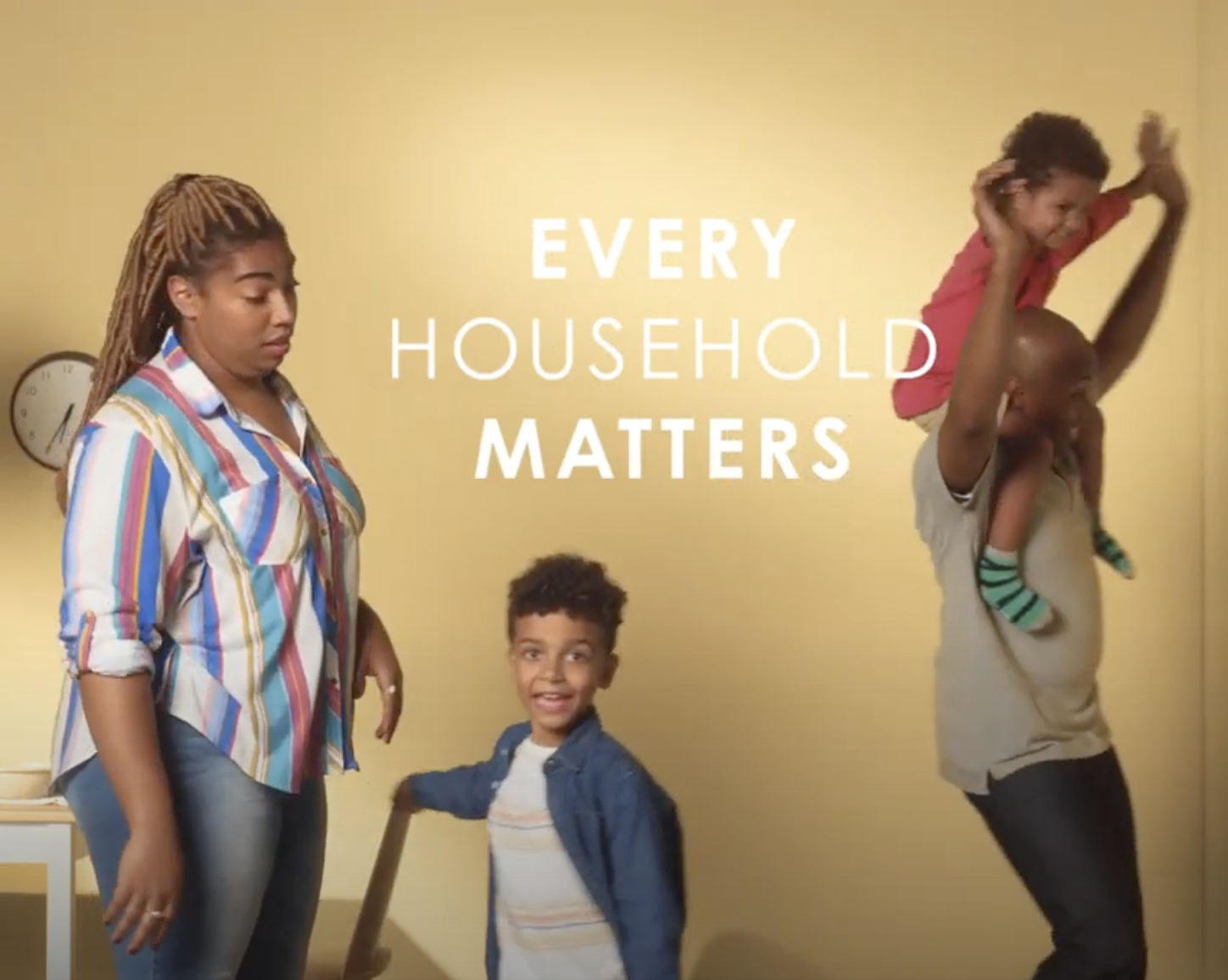
COVID-19 and the Count: Retooling and Resources for the U.S. Census
While the COVID-19 crisis persists, Deaconess Foundation’s Partners continue to advance our vision of a community that values the health and well-being of all children and gives priority attention to the most vulnerable.
With each day’s reports of racial disparities in COVID-19 contraction, testing and loss of life, we see that this community only thrives if the allocation of power and distribution of resources, benefits, opportunities and burdens are not predictable by, nor predicated on race.
We Need Data
Herein, we are reminded of the necessity of the principles, practices and promise of racial equity to make our vision palpable. One critical input for racially equitable work in our society to center our most vulnerable citizens is data.
So, we begin by joining our Partners calling for governmental and healthcare leaders to #ReleaseTheData — data disaggregated by race, on the novel coronavirus — and every element of our national life.
The first and most critical building block in the country’s data set is the United States Census. We are grateful for our Partners’ continued commitment and creative work to ensure an accurate count in the St. Louis region, focused on so-called “hard-to-count” communities.
The U.S. Census Bureau identifies “hard-to-count” communities as: communities of color, children under 5 years old, renters/multi-family housing dwellers, rural communities, low income communities, communities with lack of access to broadband and persons with limited English proficiency. Every person counted in the census accounts for as much as $10,000 over 10 years in Federal funding for community resources: schools, hospitals, roads, school lunch programs, and more. This reinforces the importance of counting everyone in our community, especially our children.
Several of Deaconess’ Funded Partners — including Action St. Louis, Metropolitan Congregations United, Missouri Jobs with Justice, Organization for Black Struggle, and MOVE MO — are organizing to increase census participation. They push back on the idea that communities can be “hard-to-count.”
Janis Mensah, the Youth Empowerment Organizer with Organization for Black Struggle (OBS), said that the phrase “hard-to-count” implies that the Census Bureau is having difficulty finding the community members who did not respond but does not account for the Bureau’s dis-investing the resources necessary to find people. She identified a historical pattern of the federal government not putting in the work necessary to instill trust in, particularly, Black working-class communities.
Getting Creative
According to data published by Action St. Louis, the 2010 Census undercounted Black people in the United States by more than 800,000 people. Where the Census Bureau sees an insurmountable challenge, our Partners see opportunity. Although COVID-19 has forced Census organizing efforts to adjust quickly, each organization is pushing back against the “hard to count” narrative by pivoting from door-to-door canvassing to phone-banking and online engagement in these communities.
Since March 1st, the Action St. Louis team has completed 14,549 calls. Because of their efforts, targeting North St. Louis City and County, more than 1,622 families in have already committed to completing the 2020 Census. They’ve made 10,823 City calls for 1,208 commitments and 3,659 County calls securing 409 commitments.
Yet response rates in St. Louis City and County, where our state’s most challenged children live, still lag the statewide rates. For example, according to the Census Bureau, Missouri completion rate is 47%, meanwhile St. Louis City’s in only 37%.
Go a step further, on Census Day (April 1st), Action hosted the #WECOUNT314 Challenge. They invited artists and young people to create a one-minute video of a skit, poem or song verse about the importance of the Census. Then, upload it to Instagram or Facebook on Census day. Action members voted on and provided awards to the top three finalists.
What You Can Do
By now you should have received your Census participation invitation in the mail. If you haven’t completed it, this is your official call-to-action. Your participation is paramount to the Census’ accuracy, and to ensuring that our children receive the representation and resources they deserve.
There are three ways to participate:
- online
- by mail
- by phone
If, for any reason, you haven’t yet received the envelope with your participation code, you can still participate online by using your address. Click here to participate online, or for a list of phone numbers for completion of the Census by phone in 17 languages.
Once you’ve completed the Census, please watch and share the short video: Why Should You Care About the 2020 Census?
